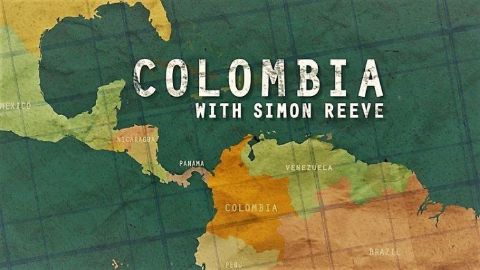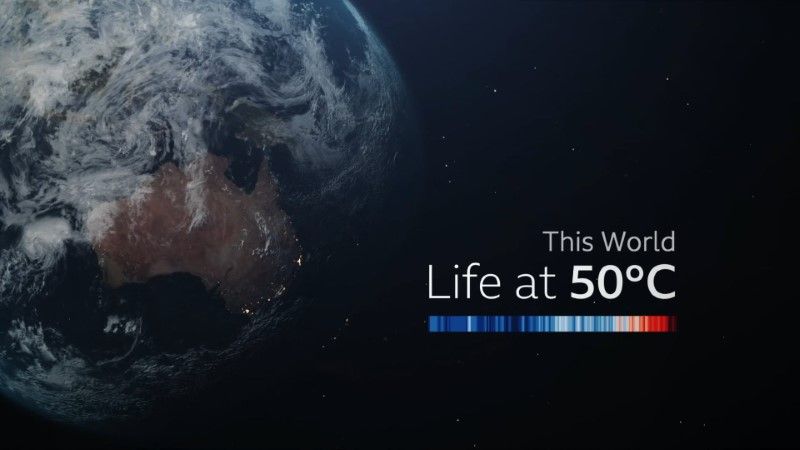This World • 2014 - 2021 • 3 episodes • 3h:53m
Robert Peston travels to China to investigate how this mighty economic giant could actually be in serious trouble. China is now the second largest economy in the world and for the last 30 years China's economy has been growing at an astonishing rate. While Britain has been in the grip of the worst recession in a generation, China's economic miracle has wowed the world. Now, for BBC Two's award-winning strand This World, Peston reveals what has actually happened inside China since the economic collapse in the west in 2008. It is a story of spending and investment on a scale never seen before in human history - 30 new airports, 26,000 miles of motorways and a new skyscraper every five days have been built in China in the last five years. But, in a situation eerily reminiscent of what has happened in the west, the vast majority of it has been built on credit. This has now left the Chinese economy with huge debts and questions over whether much of the money can ever be paid back. Interviewing key players including the former American treasury secretary Henry Paulson, Lord Adair Turner, former chairman of the FSA, and Charlene Chu, a leading Chinese banking analyst, Robert Peston reveals how China's extraordinary spending has left the country with levels of debt that many believe can only end in an economic crash with untold consequences for us all.
2014 • Economics
Adventurer and journalist Simon Reeve heads to one of the most spectacular countries in the world - Colombia. For 50 years, Colombia has been in the grip of a brutal civil war that has killed more than 200,000 people and displaced seven million. But in late 2016, a peace deal was signed promising to end the conflict and finally bring peace to the country. In this hour-long documentary for the award-winning This World strand, Simon explores Colombia at a pivotal point in its history. He travels into the jungle and comes face to face with the guerrilla army FARC, which is now promising to lay down arms. In the Pacific coast city of Buenaventura, Simon finds out more about the fearsome right-wing paramilitary gangs who now dominate the cocaine trade. As the FARC abandon the countryside, there is a fear that these groups will only grow in power. Travelling in the countryside, Simon meets the coca farmers who are demanding government support to stop growing coca and stop the flow of money to criminal gangs. With land ownership, poverty and drugs at the heart of Colombia's problems, it is in the countryside that the country's precarious future will be decided.
2017 • Environment
With 2021 set to be the hottest year on record, millions of people around the world will have their health, livelihoods, and lives endangered by high temperatures. This documentary explores the devastating impact extreme heat has across the globe, and tells the human stories behind climate change, from water shortages in impoverished areas, to people being forced from their homes to escape life-threatening temperatures.
2021 • Environment


